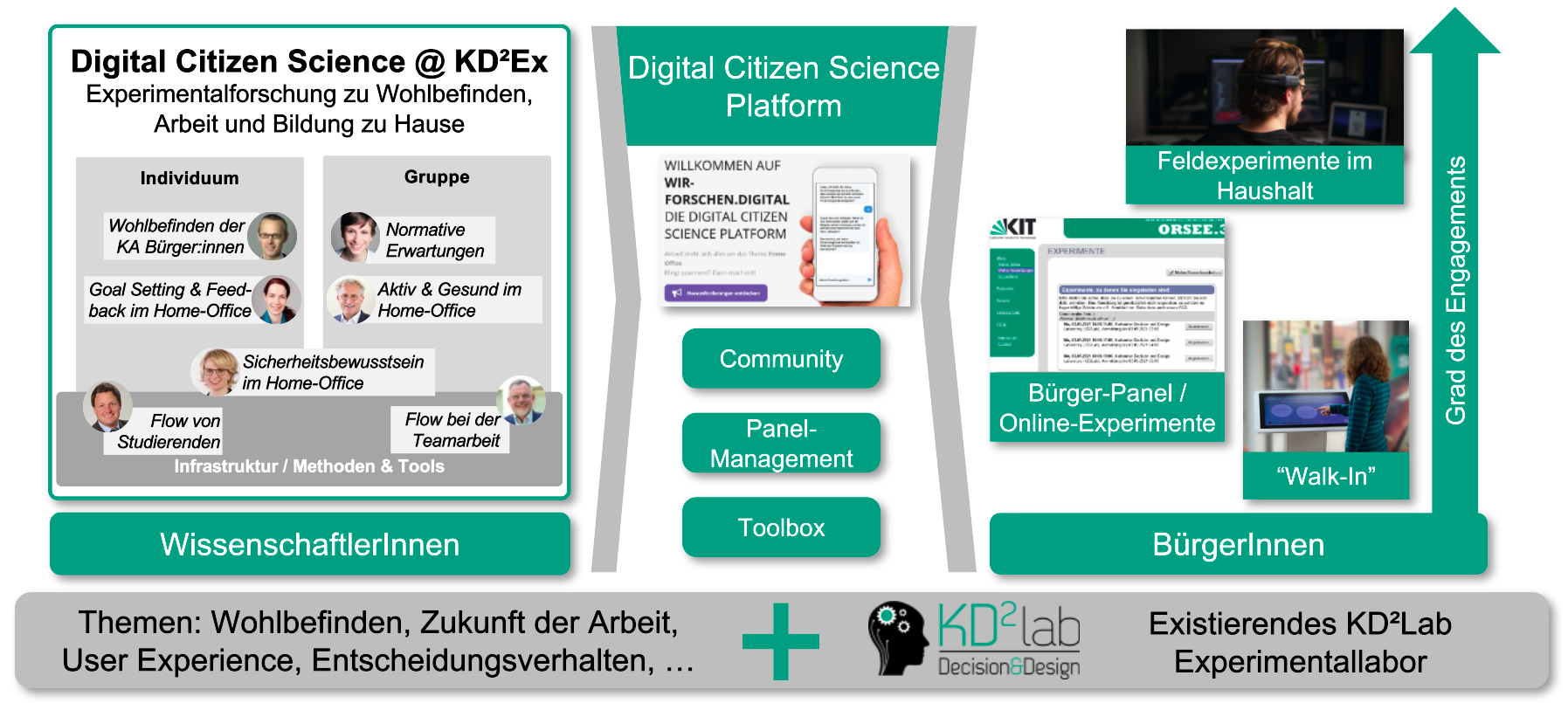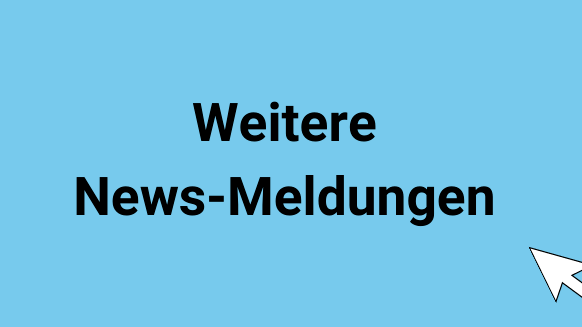Digital Citizen Science: Wellbeing@Home
New Forms of Experimental Research at KIT on Wellbeing, Work and Education at Home
Working and learning are currently undergoing an extremely major transformation - what was attempted to be established rather hesitantly a few years ago accelerated the pandemic situation for all of us: a large number of those working and learning spend a lot of time at home for this purpose. This changes their daily lives and those of their families or roommates in a significant way.
No one is in a better position to judge how they are experiencing this in their daily lives than they are themselves. The strategic goal of the research project is therefore to develop and establish Digital Citizen Science as a new, promising research method for social and economic research in general, by initially focusing on current issues related to Wellbeing@Home. In doing so, we are simultaneously pursuing KIT's vision "Creating and imparting knowledge for the benefit of our society and the environment" and are thereby making a significant step forward by doing this together WITH society. In doing so, we understand citizens not only as data collectors and suppliers. We also use their direct proximity to the numerous social issues that are currently extremely relevant for research and actively include their creativity and competence in our research work. At the same time, we want to contribute to achieving higher acceptance for results from scientific studies. We want to make science more tangible and, in the long run, even democratize science.
Within the framework of the KIT Excellence University concept "The Research University in the Helmholtz Association | Living the Change", the "KIT Future Fields" initiative specifically supports KIT scientists in pursuing highly innovative and risky projects in the border and transition areas of disciplines that promise scientific breakthroughs. The interdisciplinary team, consisting of Prof. Christof Weinhardt (IISM), Prof. Alexander Mädche (IISM), Prof. Petra Nieken (IBU), Prof. Benjamin Scheibehenne (IISM), Prof. Nora Szech (ECON), Prof. Melanie Volkamer (AIFB) and Prof. Alexander Woll (IfSS), has received funding for Digital Citizen Science @KD²Ex within the framework of a one-time Future Fields special call for investments. This enables new forms of experimental research: Digital Citizen Science on "Wellbeing @Home" and paves the way for a long-term research strategy at KIT.
The nucleus of the project is the DFG-funded Karlsruhe Decision & Design Lab (KD²Lab). With its infrastructure and all the bundled competencies as well as its student panel of approx. 3500 test persons, it is currently being expanded into a pool of citizens and households (KD²Ex). The platform wir-forschen.digital will then be available to the general public independently of (but empowered by) the Karlsruhe Institute of Technology (KIT) and will give you the opportunity to inform yourself and become part of Digital Citizen Science. Here, citizens can immerse themselves in research and become actively involved.
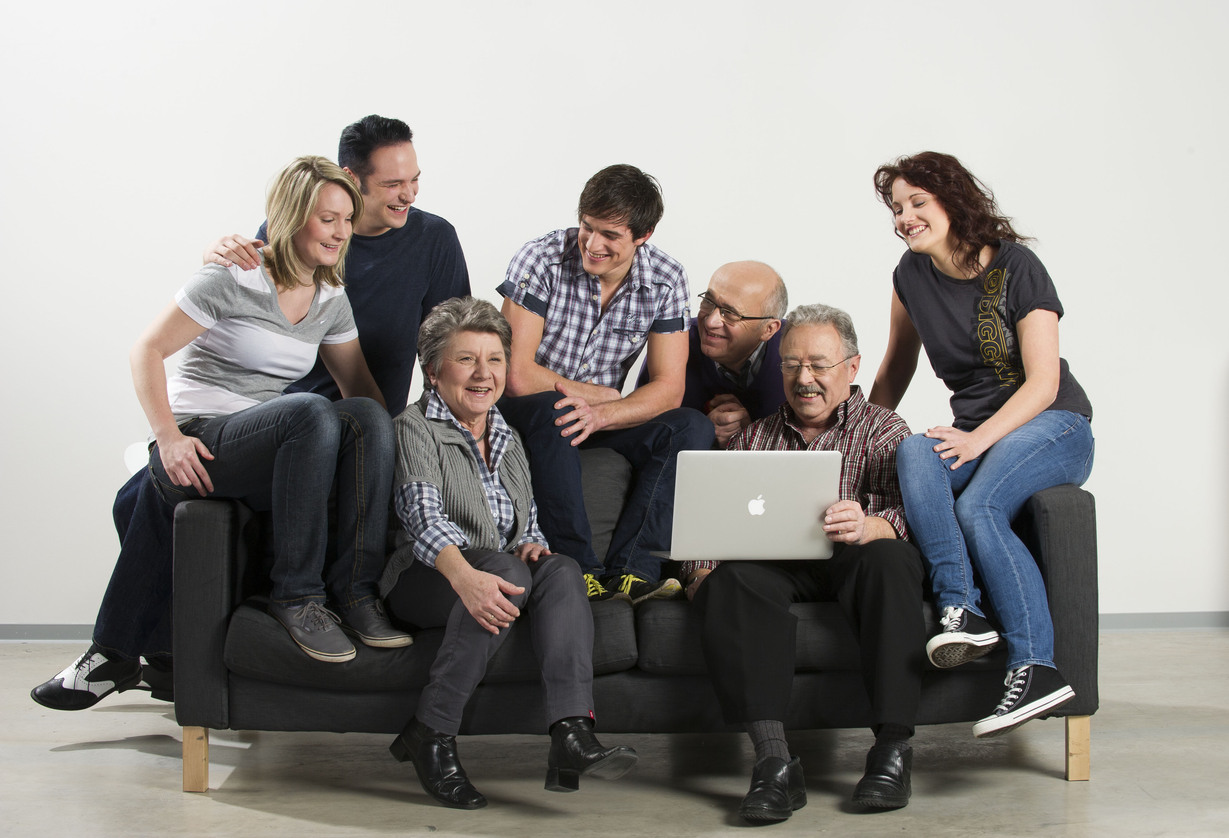
Here, citizens can get information, register and conduct their own research as Citizen Scientists.
Join us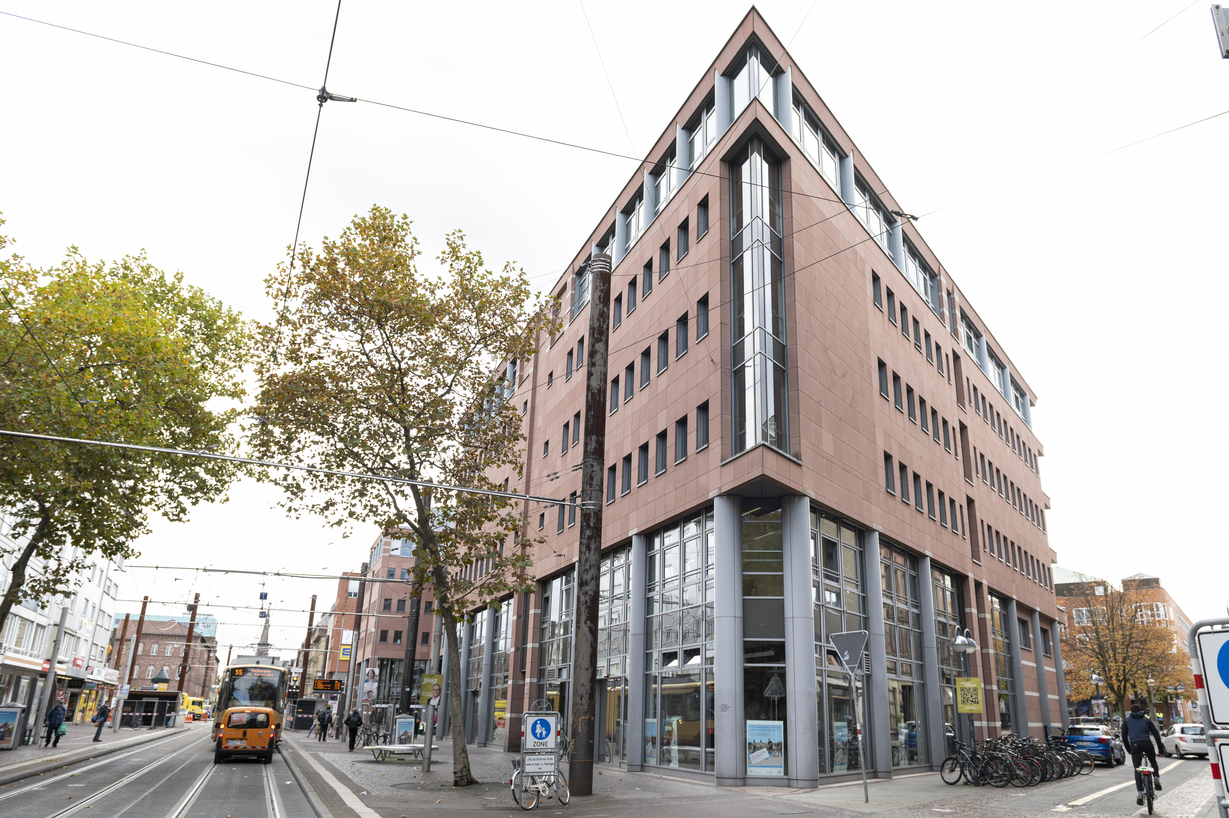
Concrete research with Digital Citizen Science at the Karlsruhe Institute of Technology (KIT)
More information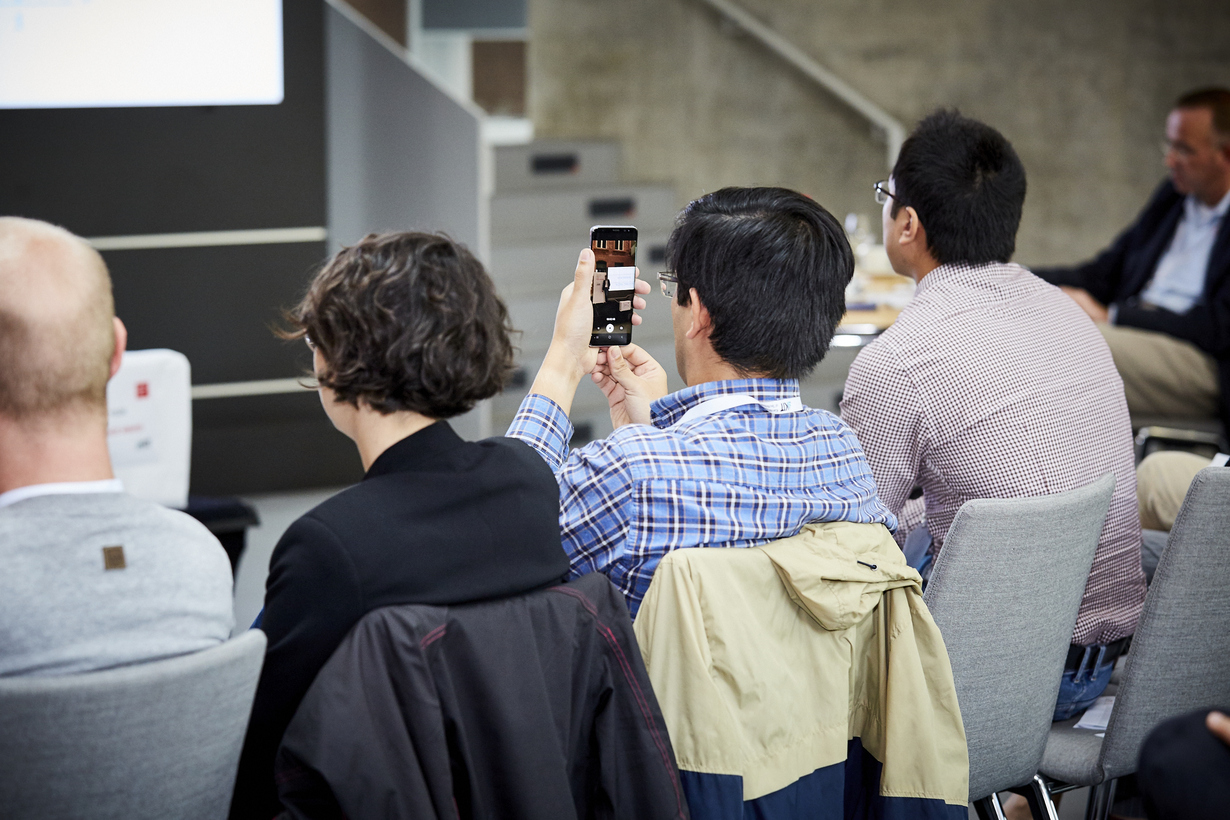
Talks related to the topic of Digital Citizen Science
Schedule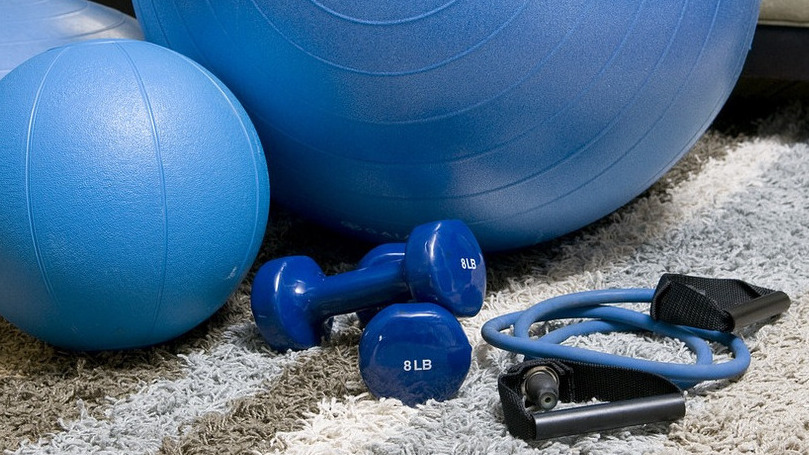
During the Digital Citizen Science seminar held in the winter semester of 2022/23, teams of students developed new prototypes for the “Aktivpause to Go” (Active Break to Go) app. While the app was originally designed for active breaks in the workplace, it is now being expanded for home office active breaks. Using two YouTube videos, they present their proposals for new app features to encourage more exercise.
Videos of the results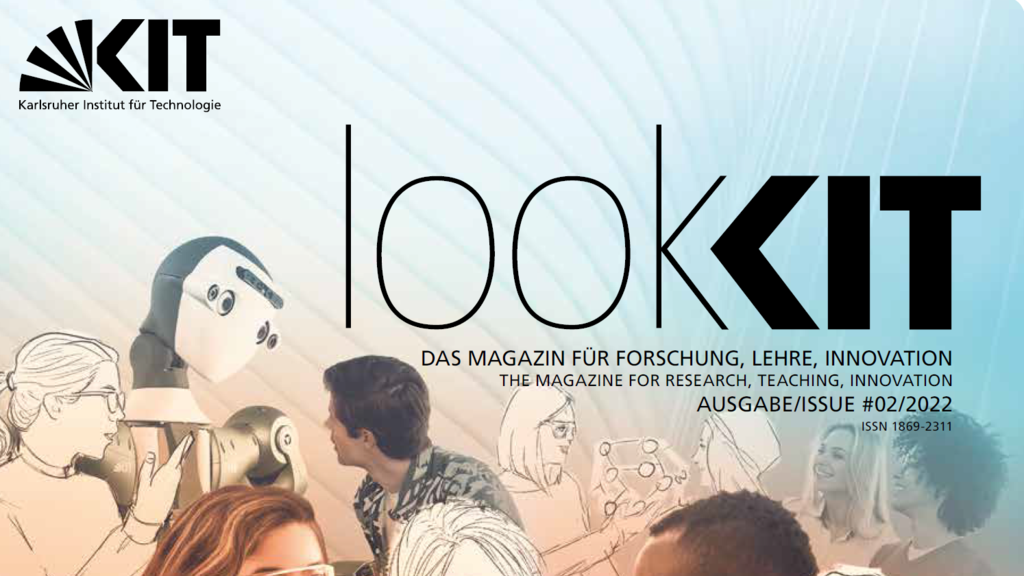
Prof. Dr. Christof Weinhardt and Prof. Dr. Alexander Mädche were interviewed about the project wir-forschen.digital for the KIT magazine lookKIT. The issue of the magazine entitled "Nachgefragt" (Inquired) focused on the exchange between science and society.
Read the magazine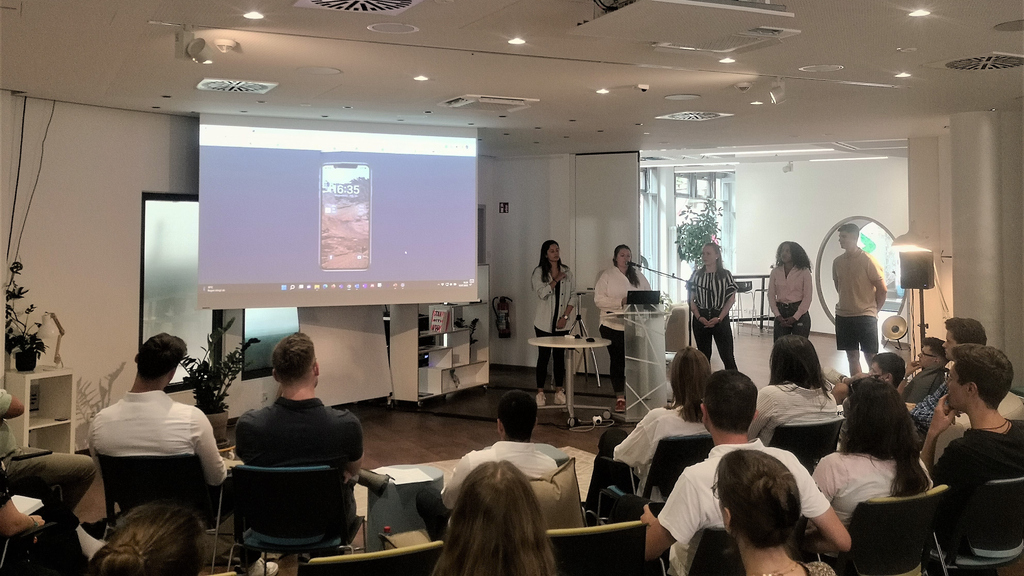
On Wednesday, July 13, 2022, the final event of the participatory campaign "Home Office? Challenge accepted" took place. The student teams successfully presented their solutions to four of the submitted challenges to the public. The results were discussed in a relaxed atmosphere with citizens, other students and scientists.
Videos of the results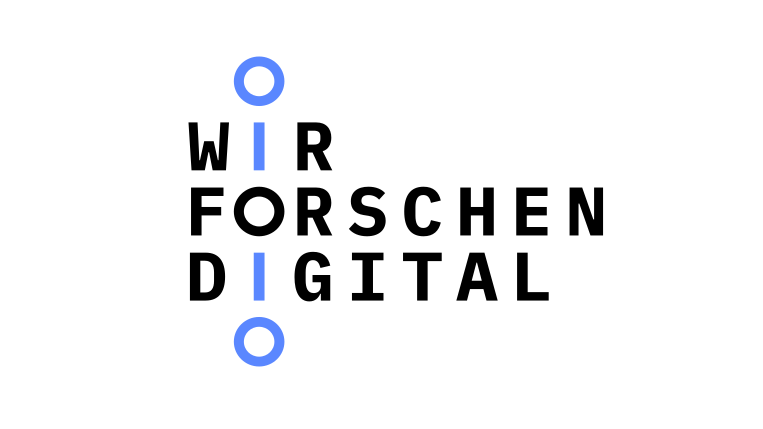
As part of the participation campaign, citizens have described their personal challenges from their everyday life working at home. Teams of scientists and students have developed prototype solutions, which they will present to the public on July 13 from 4-6 p.m. in TRIANGEL Open Space.
Registration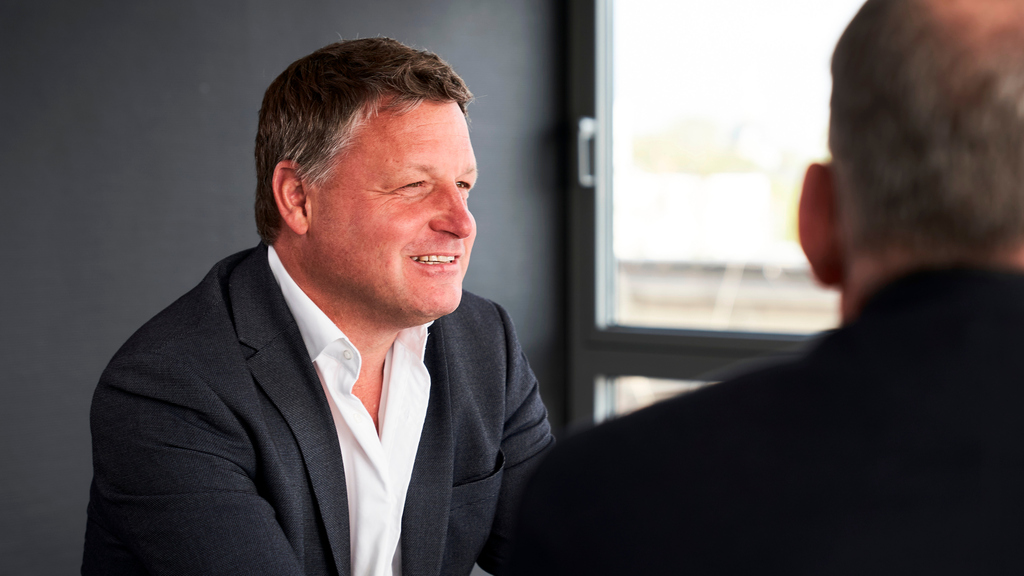
Prof. Dr. Alexander Mädche was a guest on Campus Report on May 24, 2022. There he talked about home office, citizen science and the project wir-forschen.digital.
Interview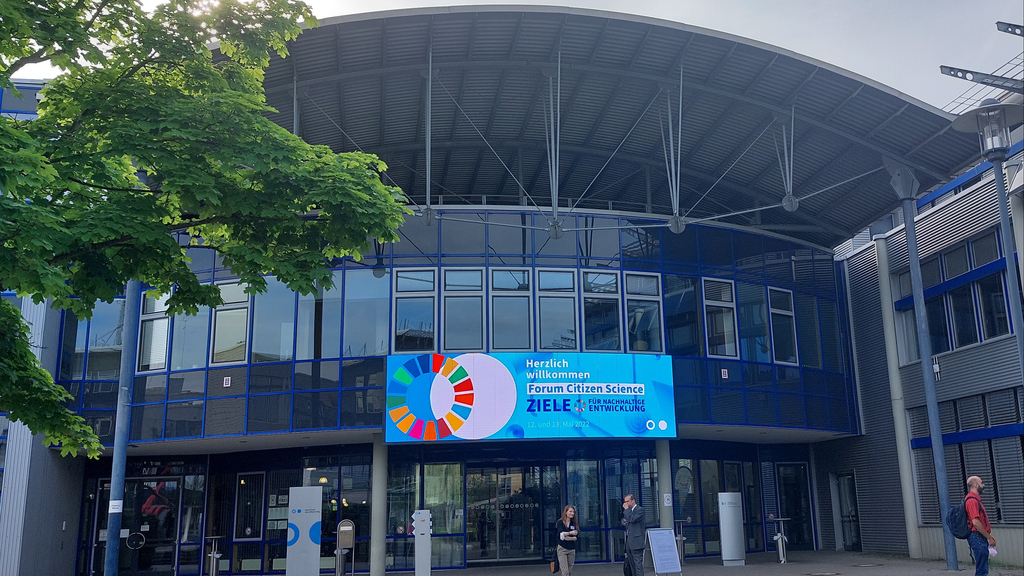
The project wir-forschen.digital was represented at this year's Forum Citizen Science (May 12 and 13, 2022) in Sankt Augustin near Bonn with a presentation and a poster.
News from the Forum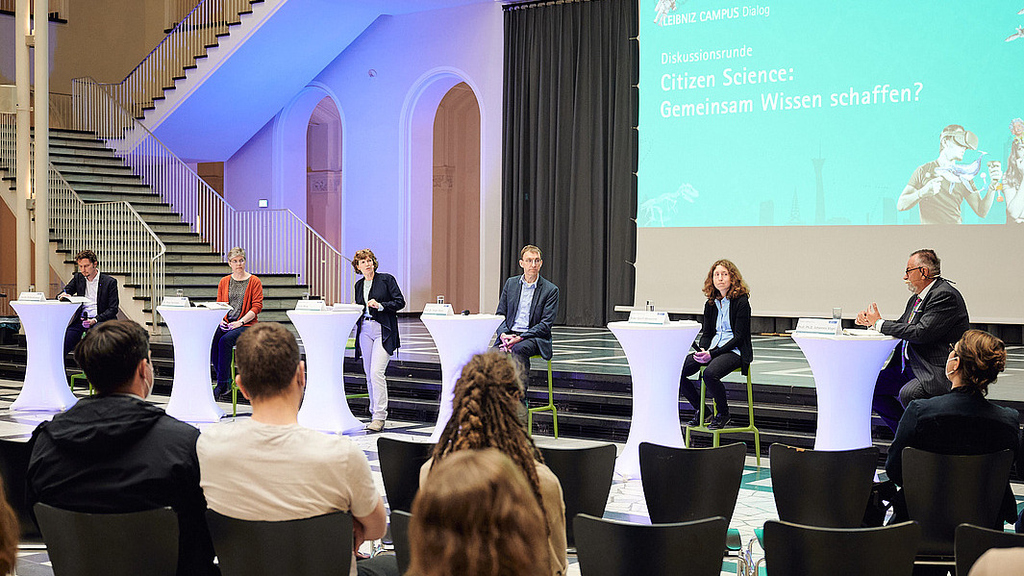
Anke Greif-Winzrieth participated in the panel discussion at LUH's Citizen Science kick-off event:
"Citizen Science: Gemeinsam Wissen schaffen?" (May 04, 2022)

